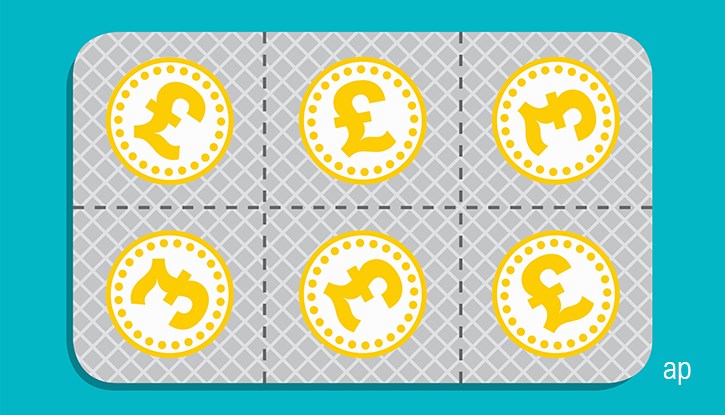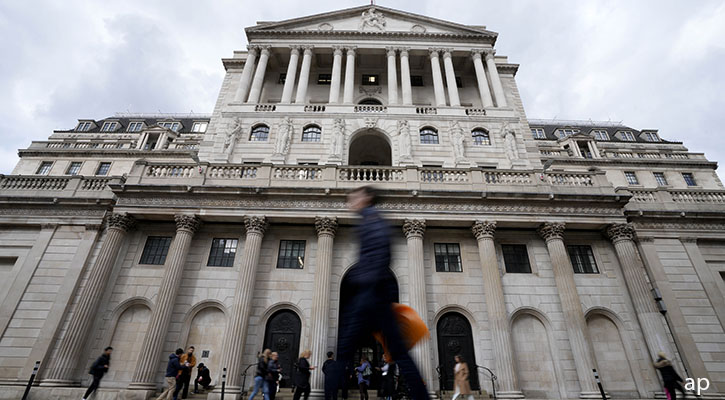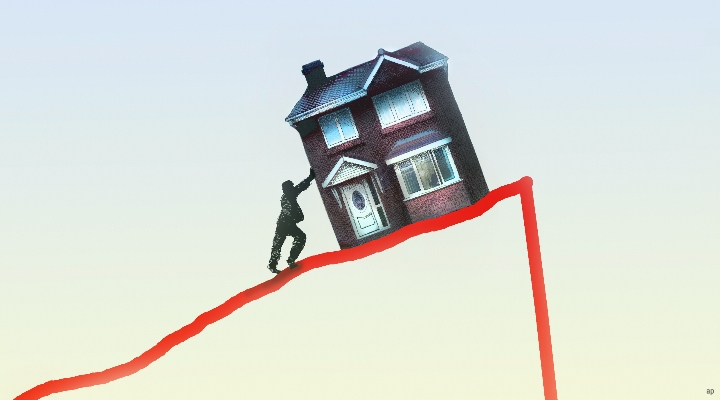
While we await the finer details of tomorrow's Autumn Statement, chancellor Jeremy Hunt has braced the country for tax rises. One of the targets in his line of fire is capital gains tax (CGT), a vaguely understood levy the vast majority of people aren’t exposed to.
Last week we ran a reader’s poll on Twitter asking our followers to guess how many people paid capital gains tax (CGT) in the tax year 2020-2021. Out of a total cohort of 31 million taxpayers, we offered people the choice of 3,200, 32,000, 323,000 and 3.2 million.
This isn’t that straightforward to guess unless you know the answer, which is 323,000, or roughly 1%. That figure is now expected to rise as Hunt tries to raise Treasury funds.
Capital gains tax is paid when an individual sells an asset, such as a second home or company shares, in the event the sale makes a profit or "gain".
You pay tax on the difference between what you paid for an asset and what you sell it for – minus some "allowable expenses" such as house repairs. The rate differs depending on what type of asset is being sold and what tax bracket you’re in – the maximum rate is 28% for a higher rate taxpayer selling a residential property.
This isn’t on the radar of most people for a number of reasons.
Shares, funds, and trusts can all be sheltered from CGT within the £20,000 annual ISA allowance. You don’t pay CGT on pension gains either.
And as the tax doesn’t apply to people selling their own homes, it only tends to come on the radar of buy-to-let investors and those with property portfolios.
You also get an annual allowance of £12,300 that covers most "average" gains. What surprises some people is that it can also apply to collectors too: people making a gain on jewellery, paintings, antiques or even valuable books. The HMRC website has an exhaustive list of what’s in or out of the CGT regime. You can also find out more in my article What is Capital Gains Tax?
Fiscal Jab or Fiscal Drag
What is Jeremy Hunt planning? One idea doing the rounds again – Rishi Sunak reportedly looked at this when he was chancellor – is to align CGT rates with (higher) income tax bands, the maximum being 45%. When the Office of Tax Simplification examined the case for this in 2020, it estimated it would save £14 billion a year for the government.
From a political point of view, the idea could gain traction in the current malaise because it would put greater pressure on the wealthy to repair the country’s finances (the reversal of the abolition of the 45p tax band makes a similar message to voters).
But, like income and inheritance tax, as the country’s salaries and assets rise over time, more and more people get caught in the net. This blurs the distinction between mass affluence and the rich in reality, but less so rhetorically. And it's rhetoric Hunt will need.
A more cautious move would be to let "fiscal drag" do its work. When you freeze tax allowances (especially during periods of high inflation) a bigger cohort of people creep into the tax liability. Like inheritance tax (IHT), which has a flat rate of 40% (after allowances), you only notice the pain of the tax when you have to pay it.
But unlike IHT, CGT can be deferred. For example, someone with a gain on a buy-to-let flat may decide that this isn’t the greatest time to sell and put off the decision to another year.
Falling Short
In calculating a multi-billion pound windfall from a CGT hikes, the government could come up short if people defer selling assets that would trigger gains.
Few tears will be shed for buy-to-let landlords having to pay more tax, especially after the housing boom. But what about investors? They are already potentially facing dividend tax increases too. Investment bank Goldman Sachs has run the rule over the chancellor’s proposals and thinks the impact will be minimal on UK shares. Just 15% of CGT is extracted from listed shares, they argue, and the majority of people owning shares are foreign buyers who will pay tax in their own jurisdiction. It's an even smaller percentage of a small percentage!
Housing gains may be the real golden egg, but if the housing market goes into reverse, or just cools off, the actual gains from CGT may be disappointing – meaning that more money will need to be found from elsewhere.
For maximum impact, a lot of these "wealth" taxes also depend on the economy firing on all cylinders and buoying up asset prices, a scenario that looks unlikely in the coming years. The modern Conservative Party has survived on lower-tax policies in a low-growth world. Will the new strategy work without the "growth growth growth" agenda Liz Truss was so desparate for? For that reason and others, Hunt can't pin all his hopes on CGT reform alone.





























